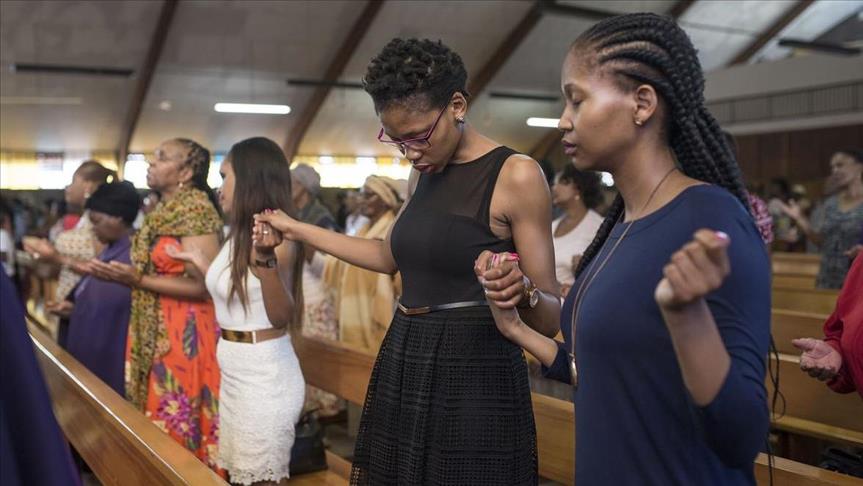
South Africa
by Shu’eib Hassen
CAPE TOWN
Despite South Africa ranking 17th in the World Economic Forum’s 2015 Global Gender Gap report index rating, the country still has long way in terms of gender-based violence.
“The Medical Research Council estimates that one out of two [South African] women will experience some form of abuse in their lifetime,” Nisaa Institute for Women's Development’s program manager Sima Diar told Anadolu Agency.
With 51 percent of the population being female, an approximate 14.035 million females encounter gender-based abuse in their lifetime.
Furthermore, every six hours a woman is killed by her partner, according to 2015 report by the Tshwaranang Legal Advocacy Centre.
The World Health Organization states that South Africa has the highest level of adult per capita alcohol consumption in Africa, which contributes greatly to gender-based violence and HIV infections.
Gender-based violence is still underreported mainly due to an inadequate services for victims at police stations. Other factors include the fact that the perpetrator is generally known to the victim or that the victim is in a vulnerable position, i.e. an illegal immigrant, orphan, or physically disabled.
“Only one out of every nine rape survivors report rape and sexual assault to the police,” Diar said.
Aiming decrease women abuse statistics, police stations will have to reform to meet 4 to 7 percent crime reduction targets.
According to a late 2014 study by auditor KPMG, “gender-based violence costs South Africa […] between 0.9 percent and 1.3 percent of GDP annually”.
The Nisaa Institute for Women’s Development indicated the importance of the state in order to take on this issue.
“We have the paper work in order but it ends there,” said Diar. “There isn’t a full scale national drive towards eradicating violence against women. It is done by-the-way in a very celebratory manner during Women’s Month or the 16 Days of Activism for No Violence Against Women and Children.”
International Relations and Cooperation Minister Maite Nkoana-Mashabane will be holding a mass march in the Limpopo Province on Saturday to honor activist Charlotte Maxeke who was the first African woman graduate in South Africa in 1896.
Anadolu Agency website contains only a portion of the news stories offered to subscribers in the AA News Broadcasting System (HAS), and in summarized form. Please contact us for subscription options.






